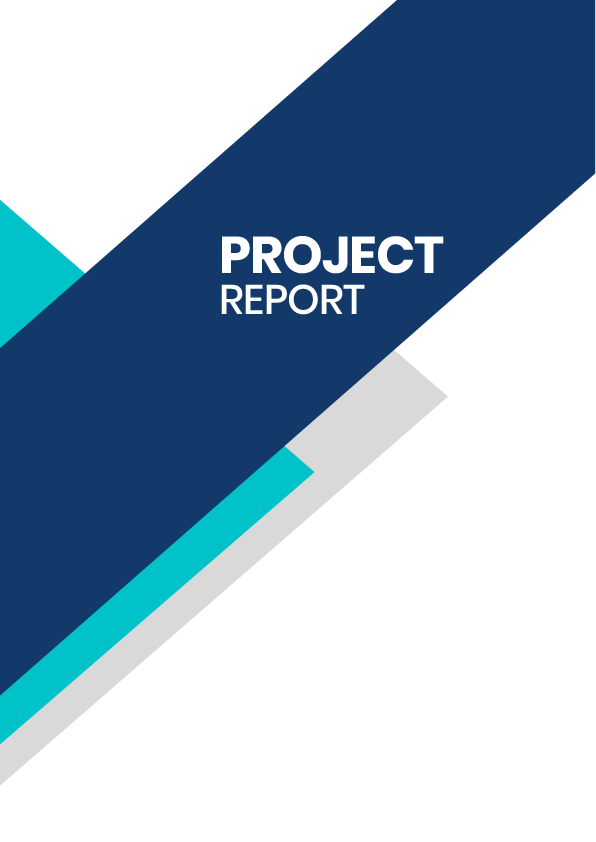Related Keywords
- Citrus Farming
- Orange Cultivation
- Fruit Farming
- Citrus Orchard
- संतरा की खेती
- खट्टे फलों की खेती
Market Potential and Feasibility of Orange Farming
- You can cultivate organic oranges, selling at ₹65/kg, 22% more than regular, with demand rising 10% in 2025 for healthy foods.
- India exports ₹500 crore in oranges annually, mainly to Nepal and UAE, with global citrus markets growing 7% yearly.
- Hybrid types like Kinnow yield 22-27 tonnes per hectare, increasing output by 12% compared to older varieties.
- Domestic markets consume 8 million tonnes yearly, with 65% of city families buying oranges for snacks and juice.
- Demand peaks from November to March, pushing prices up 12-18% during festivals and cold months.
- You can supply juice factories or big stores through contract farming, securing fixed rates and 18% higher earnings.
- Oranges thrive in warm areas (20-35°C) with loamy soil at pH 5.5-7.5, perfect in Punjab and Tamil Nadu.
- You can use 6 lakh hectares of fertile land in India, with drip irrigation at ₹48,000 per acre saving water.
- Pruning and pest control are key, with ICAR training improving yields by 12%.
- One acre costs ₹1-1.4 lakh: land prep (₹12,000), saplings (₹18,000), fertilizers (₹28,000), labor (₹42,000).
- Fruit flies and citrus greening cut yields by 18%. You can apply organic sprays and resistant plants to reduce losses.
- Unseasonal rains lower output by 12%. You can use shade nets (₹22,000 per acre) for protection.
- The National Horticulture Mission provides 50% subsidies on saplings and tools, cutting costs by ₹28,000 per acre.
Entrepreneurial Benefits and Profitability of Orange Farming
- Low Competition Compared to Other Crops in Certain Regions: You can grow oranges in areas like Nagpur or Tamil Nadu, where fewer farmers focus on citrus, giving you a market edge. India’s 6 lakh hectares of orange farms face less rivalry than rice or wheat.
- Long-Term Returns with Proper Crop Management: You can maintain orange trees for 15-20 years, yielding 10-15 tonnes per acre yearly after year 5 with good care, ensuring steady income.
- Opportunities in Organic and Value-Added Products (Juice, Essential Oils): You can sell organic oranges at ₹60-80/kg, 20% more than regular ones. Processing juice (₹100/liter) or essential oils (₹5,000/kg) doubles profits, tapping ₹2,500 crore export markets.
- Employment Generation and Rural Development: You can hire 4-5 workers per acre for planting and harvesting, creating 2 lakh rural jobs yearly in India’s citrus sector, boosting local economies.
- Per Acre Cost vs. Yield Estimation: You can spend ₹50,000-₹60,000 per acre yearly (saplings ₹5,000, fertilizers ₹15,000, labor ₹25,000, irrigation ₹10,000). One acre yields 10 tonnes after 5 years.
- Market Price Range for Oranges Across Seasons: You can sell oranges at ₹30-50/kg in peak season (October-February) and ₹50-70/kg off-season, averaging ₹40/kg across 2024-25 markets.
- Potential Profit Margin and Breakeven Timeline: You can earn ₹4 lakh (10 tonnes at ₹40/kg) per acre, netting ₹3.4 lakh after ₹60,000 costs, a 560% margin. Breakeven happens in 4-5 years.
Best Project Report for Orange Farming Business – Get Bank-Ready Support from Finline!
Need Help?
Please send a WhatsApp message to us, and our team of experts will guide you in creating a project report for bank loan.
How Finline Helps You Create a Perfect Project Report
1. Enter basic details
Simple questions about your assets and expenses.
2. Auto-calculate cost & projections
Our intelligent software calculates all financials automatically.
3. Download bank-ready PDF
Get a professional PDF report formatted for bank submission.
4. Submit for loan
Download and submit your report to banks for loan approval.
Why finline is better than competitors
- Unlimited edits
- Unlimited downloads
- Up to 10 years of projections
- Automated calculations
- Complete in 10 minutes
- No finance expertise needed
- Instant PDF generation
- Industry-specific projections
- Error-free financial statements

Frequently asked questions
Everything you need to know about the product and billing.
Finline is an online tool for creating a project report for bank loan online and see the report for free online. You only need to pay for downloading the report.
Can I change my plan later?
Yes , ofcourse you can upgrade from a lite plan to a pro at anytime.
Can I edit the report after download ? is it chargeable?
You can do unlimited edits even after download without any extra payment.
What is the ‘lite’ and ‘pro’ plan ? Is it subscription based plans?
Lite and Pro are just individual report download plans , not subscription plans.
Do I require a CA seal & Stamp for getting a loan?
Not at all, project report is a business plan about your business and it should be prepared by an entrepreneur . Nobody can predict and certify a business which is going to happen in the future.
Can I get any assistance from your team?
Yes of course, you can go to the help section in all pages were you can find chat button for seeking support.
Can I get a project report format for bank loan through Finline?
Yes! Finline provides a ready-to-use project report format for bank loan. You can create it online, see it for free, and download it instantly for your loan application. This makes your project report format for loan easy to complete in just a few steps.
Do you provide a project report format for bank loan in excel?
Yes. Finline offers a project report format for bank loan in excel that is easy to edit and customize. You can also download a project report format for loan in excel if you prefer working offline.
